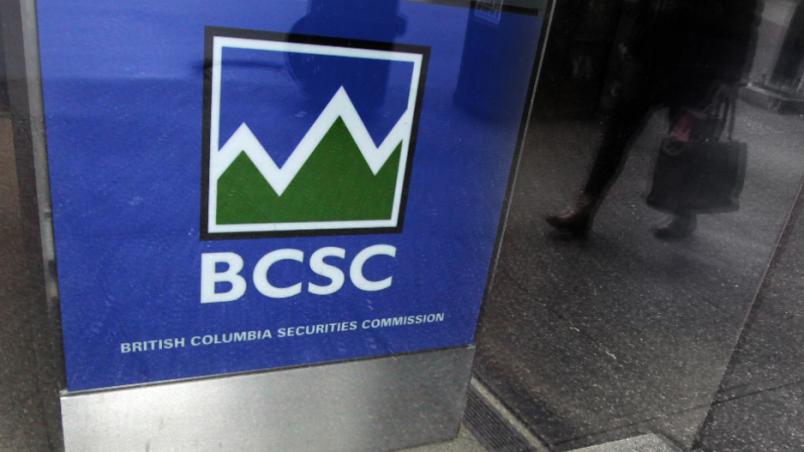A Vancouver-based health sciences company and its CEO has been cleared of allegations it made misrepresentations when it raised $6.5 million but didn’t disclose that it already paid or committed to pay approximately $3.2 million to consultants.
On Thursday, a B.C. Securities Commission hearing panel dismissed the allegations against PreveCeutical Medical Inc. and CEO Stephen Van Deventer, of Vancouver.
PreveCeutical was initially cited by the commission in November 2018 as one of 11 penny stock companies involved in alleged cheque and share swaps with a group of consultants dubbed the Bridgemark Group.
At the root of the administrative allegations was how the consultants bought into private placements while simultaneously being paid for consulting contracts while performing little or no work. The alleged scheme involved $52 million of share purchases.
After most of the allegations against the consultants were dropped, various related cases have dragged through pre-hearing motions and amended hearings for over five years with the final two nearing completion.
The commission issued new hearing notices for misrepresentations to seven of the firms that had traded on the Canadian Securities Exchange, which is now under direct oversight of the commission.
Three firms — Beleave Inc., New Point Exploration Corp. and Speakeasy Cannabis Corp. — admitted to such violations, while BLOK Technologies Inc. was found by a panel to have made such misrepresentations.
Two hearing decisions remain outstanding for Affinor and Green 2 Blue Energy Corp.
The finding in favour of PreveCeutical is the only one of the seven, to date, to dismiss the allegations, including omitting information and filing misleading or false materials to the commission.
The commission released a statement on the findings: “The panel agreed that omitting this information made the news release misleading. However, in order to be a misrepresentation, the panel noted that the omission had to be material, meaning something that would reasonably be expected to have a significant effect on the market price or value of PreveCeutical’s shares.
“The panel concluded that although reasonable investors would have felt that they were not given all of the facts necessary to have an accurate picture of what funds would be available to PreveCeutical after the private placement, ‘we see it as an open question whether reasonable investors would have expected a significant effect on market price.’
“The panel determined that ‘although the Executive Director has come close…it has not been established according to the required standard of proof that reasonable investors would have changed their behaviour, or expected other investors to change their behaviour, in a manner which would have had a significant effect on the market price of PreveCeutical’s shares.’”
Part of the panel’s findings included a comparison of PreveCeutical to BLOK and New Point: “As we look at the degree of divergence between the 10% which PreveCeutical historically spent on consultants and the approximately 47% which it committed to consultants in this case without disclosing that fact to investors, we conclude that this degree of divergence is not nearly as large as existed in New Point and BLOK Technologies. We also conclude that a reasonable investor would not expect that PreveCeutical’s historical record of spending 10% on consultants would create what might be called a hard cap on that type of expenditure.”
Following the original November 2018 hearing notice, PreveCeutical claimed in a civil court claim it was a victim of a “conspiracy” by West Vancouver residents Aly Mawji, previously convicted of securities fraud in Germany, and Justin Liu, who has since been issued the steepest penalty — $950,000 for admitting to conduct that was “abusive to the capital markets.”
At the time, PreveCeutical claimed it was developing technologies related to scorpion venom. The company currently trades at $0.03 per share.




